
During the summer I try to steer my day so that when the sun sets, I’m outside, in a place where there’s nothing blocking the view. Sunsets are always worthwhile.
They’re also always fleeting. During any given rapt sunset experience, there’s always a moment when you realize that its brilliance has peaked and it’s beginning to disappear. Sometimes I arrive at the bridge or at the end of a Westbound street only to realize right away that I’ve missed that peak.
When that happens, at least I can be vicariously happy for the sunset-watchers some distance west of me, whose sunset is just beginning to get brilliant. That fact is a wonderful gift to human beings — the sun is always setting.
Thousands of miles past them, at the same moment, early risers on certain Pacific islands are about to see it rise. The sun is always setting and always rising, always high overhead and always nowhere to be seen. Objectively, this is as true as anything else we know. It is always setting, right now.
We have to acknowledge that truth is relative to the observer. If there were nobody observing the sunset there would be no sunset.
I daydream often about the wild sunsets that must be happening in a gazillion different skies out there in space, from the surfaces of foreign planets. There are trillions of stars, with differening colors and intensities, and each can be seen from different surfaces at different distances, through different atmospheres, over unthinkably exotic landscapes.
But there’s probably nobody there to see most of them, and so they are only really happening in my imagination. A sunset, after all, is an experience. So you need an experiencer, in the right place, for it to exist. You could still say that there are billions of potentially experienceable sunsets out there, but they’re not real until someone is standing there on that strange world, watching a blazing blue and green double sunset slowly dissolving over some mountains.
Science is by far the most helpful institution we have for making sense of our experiences, and for predicting what we might experience next. The way they do it is this: a bunch of different people observe the same phenomena from different angles at different times, and they talk about it and come up with a concept about what those phenomena are when no particular person is looking at them at all. They add all these conclusions together and put it in books, which purport to describe how things really are, regardless of what you may experience them to be personally. Read More
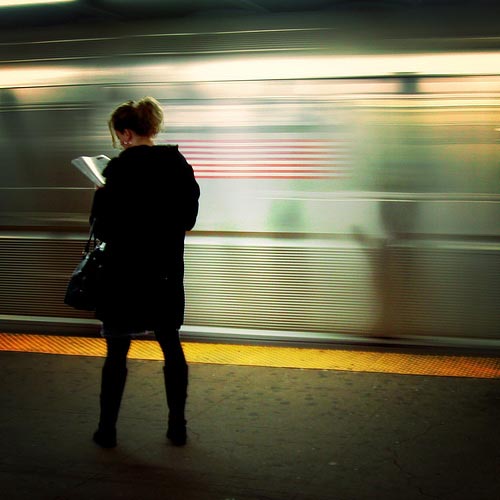
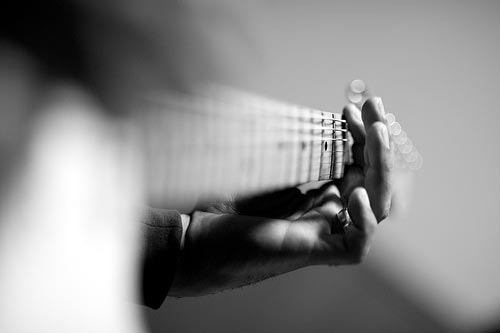
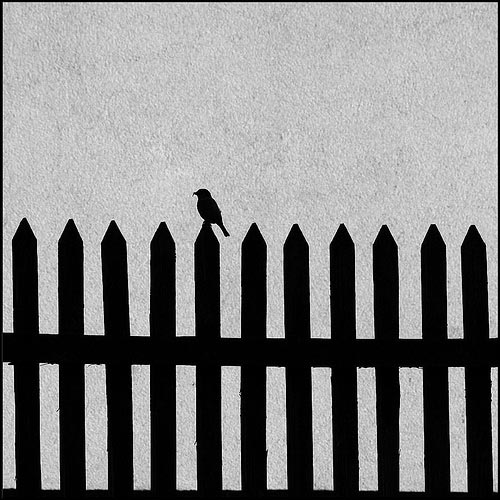
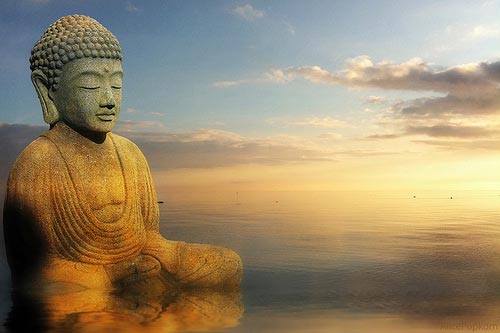
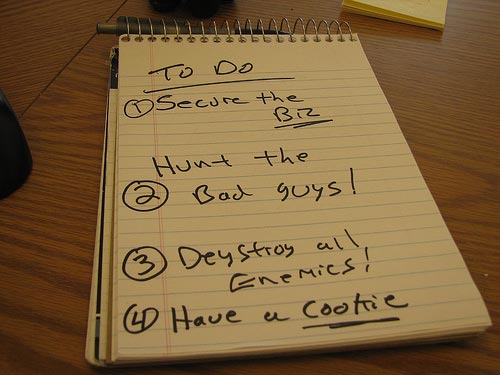




 I'm David, and Raptitude is a blog about getting better at being human -- things we can do to improve our lives today.
I'm David, and Raptitude is a blog about getting better at being human -- things we can do to improve our lives today.
After countless attempts to establish new ("good") habits and relinquish old ("bad") habits, this got me thinking: What if the habit I really need to establish is a practice of self-discipline? I have begun asking myself regularly, "What would a person with self-discipline do here?" Most times, the answer is...